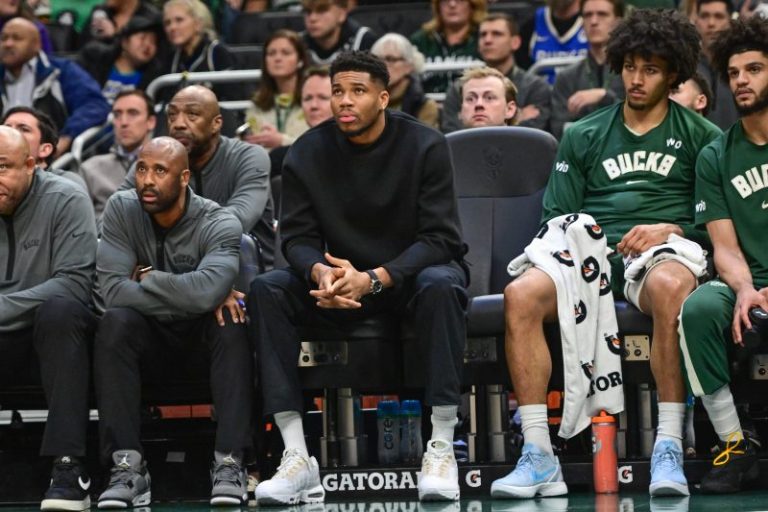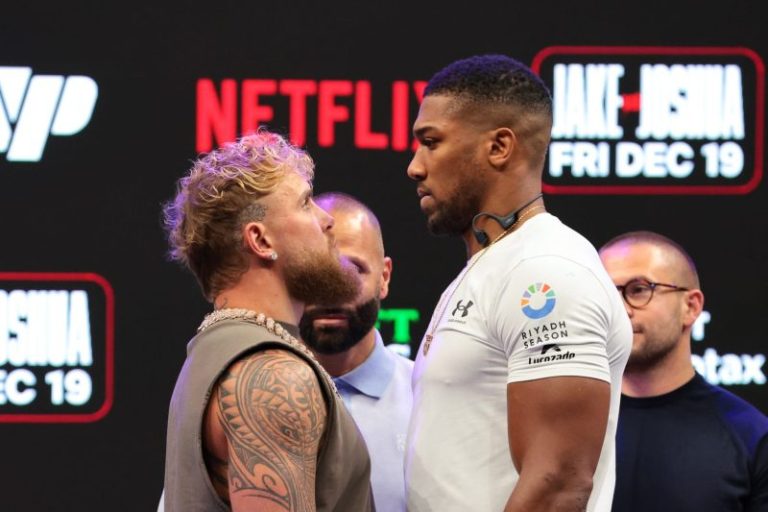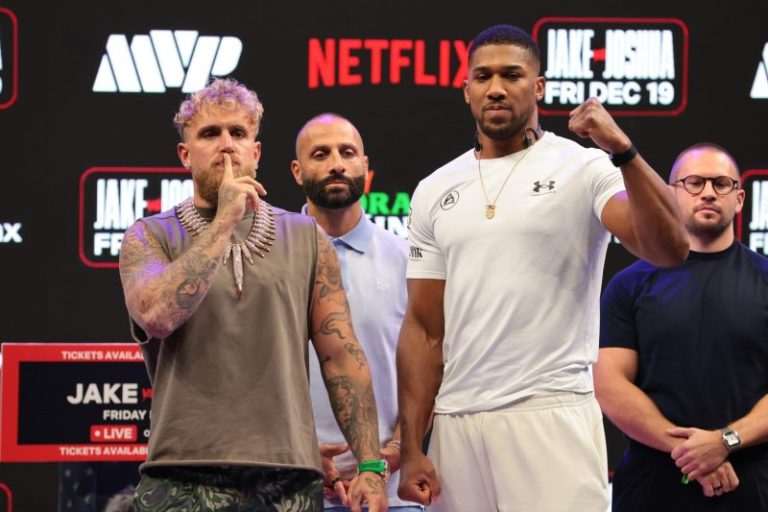The family of deceased pitcher Tyler Skaggs and the Los Angeles Angels reached a settlement Dec. 19 in the civil lawsuit the left-hander’s loved ones filed against the ballclub, ending a three-month trial and more than six years of legal matters following the pitcher’s 2019 death.
Financial terms were not available. The Skaggs family released a statement noting that the trial ‘exposed the truth’ over the Angels’ culpability in his death.
‘The Skaggs family has reached a confidential settlement with Angels Baseball that brings to a close a difficult six-year process, allowing our families to focus on healing,’ the family said in a statement released through lead attorney Rusty Hardin. ‘We are deeply grateful to the members of this jury, and to our legal team. Their engagement and focus gave us faith, and now we have finality.
‘This trial exposed the truth and we hope Major League Baseball will now do its part in holding the Angels accountable. While nothing can bring Tyler back, we will continue to honor his memory.’
The 12-person jury had just begun its second full day of deliberations in the Santa Ana, Calif. courtroom when multiple reports indicated that the two sides were closing in on a settlement. During the first full day of deliberations Dec. 17, the smoke signals that emerged from the jury room did not bode well for the Angels: Jurors asked whether they determined the amount of punitive damages awarded, and also requested testimony regarding Skaggs’ potential future earnings be read back.
Based on the five-page jury instructions they received, that indicated they’d already cleared the hurdle of responsibility at the heart of the suit – that the Angels knew or should have known that former communications director Eric Kay was distributing unprescribed opioids to Skaggs and several other Angels players.
Skaggs died July 1, 2019 in a suburban Dallas hotel after ingesting a pain pill laced with a lethal amount of fentanyl that he received from Kay. The former communications director received a 22-year federal prison sentence after a Texas jury convicted him in February 2022 of distribution of a controlled substance resulting in death.
The Dec. 19 settlement marked the culmination of a trial that began in September with jury selection and continued with opening statements Oct. 14, the beginning of more than two months of emotional testimony and pointed statements from both plaintiff and defendant attorneys.
‘The death of Tyler Skaggs remains a tragedy, and this trial sheds light on the dangers of opioid use and the devastating effects it can have,’ the Angels said in a prepared statement. ‘Throughout the course of court proceedings, both parties searched for a path to a mutually agreed upon resolution and a confidential settlement has been reached.’
At its core, the civil proceeding hinged on one concept: The depth of the Angels’ knowledge that Kay provided drugs to Skaggs. And, conversely, whether Skaggs, who aimed to quit Percocet ‘cold turkey’ before the Angels acquired him in 2013, was addicted to painkillers long before Kay emerged as one of his primary sources to acquire them.
As part of the juror instructions, panelists were asked to reach consensus on percentage of responsibility each party should be assigned: Angels Baseball, Kay (whose responsibility would be included in the Angels’ percentage) and Skaggs.
Skaggs’ family – his widow Carli, mother Debbie Hetman and father Darrell Skaggs – sought $118 million in lost future wages, in addition to emotional distress damages – the ‘loss of love’ condition – as well as punitive damages. Experts from both sides aimed to quantify how much money Skaggs would have earned had he not perished; at the time of his death, Skaggs was halfway to his most productive season as a major leaguer.
Closing arguments concluded Dec. 16, and the jury began deliberations later that day and all day Dec. 17 before the trial took a one-day break. The jury was less than an hour into its deliberations on Dec. 19 before the agreement was reached.










